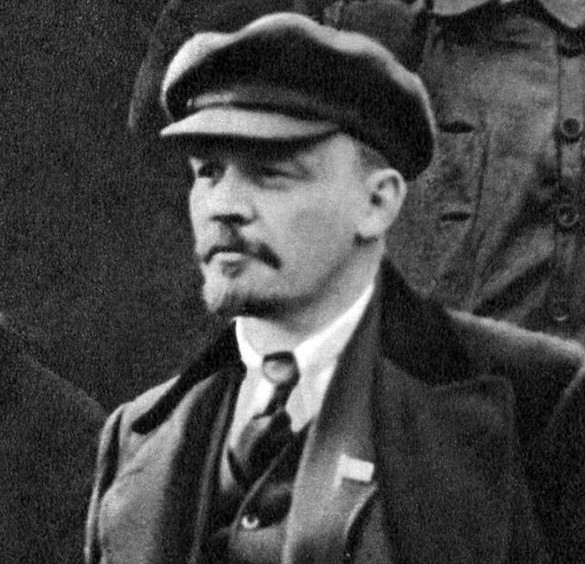Simplified Portugese after the revolution
I don’t get it.
Is it confusing because of the similarities between the pluperfect and future tenses?
Verbs have different forms depending not only on time (1 present, 2 pasts and 2 futures) and on person (I/you/s|he), but also on number (I/we - s|he/they).
These aspects of the verb have more forms when the verbs denote a uncertain, hypothetical or conditional event (e.g. if I knew / when I go). And they have more forms when the verb is acting as a request or order.
The picture I presented is actually a very regular verb, where all these forms follow patterns we see in most verbs. But Portuguese also has an immense quantities of irregular verbs, and it’s usually the most important verbs such as “to be”*, “to go”, “there is” (which is a single verb), “to say”, “to know”, “can”, “to come”, “to want”, “to ask”, “to give”, all verbs essential for communication and language.
There’s no such thing as a difficult language for native speakers. They have much time to develop their language skills through social life, but learning Portuguese for an outsider is quite tough.
* There are two verbs for "to be," denoting either a transitory or a permanent state of being, which is something I honestly think English is missing badly
deleted by creator
óia kkkk
It’s so similar to Spanish, lol.
deleted by creator






